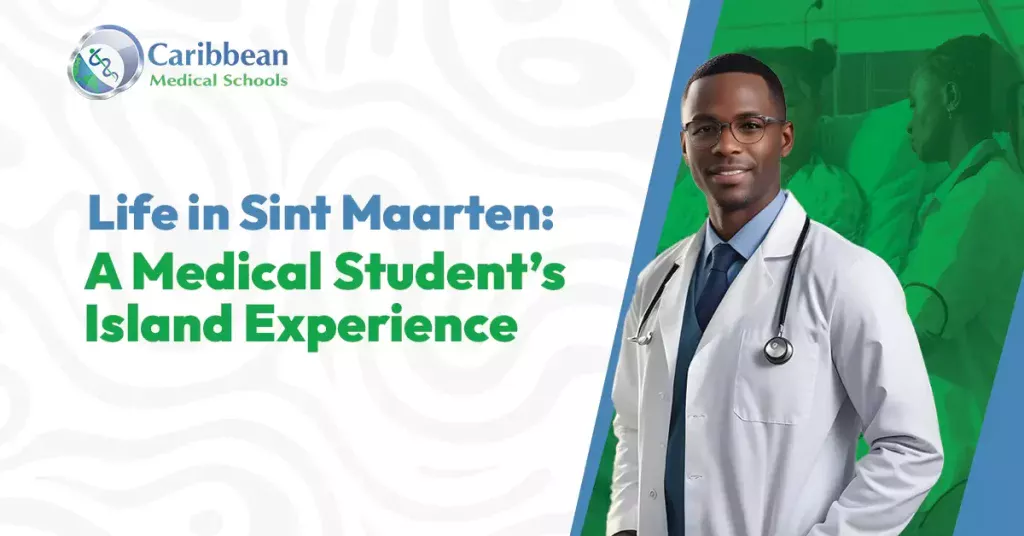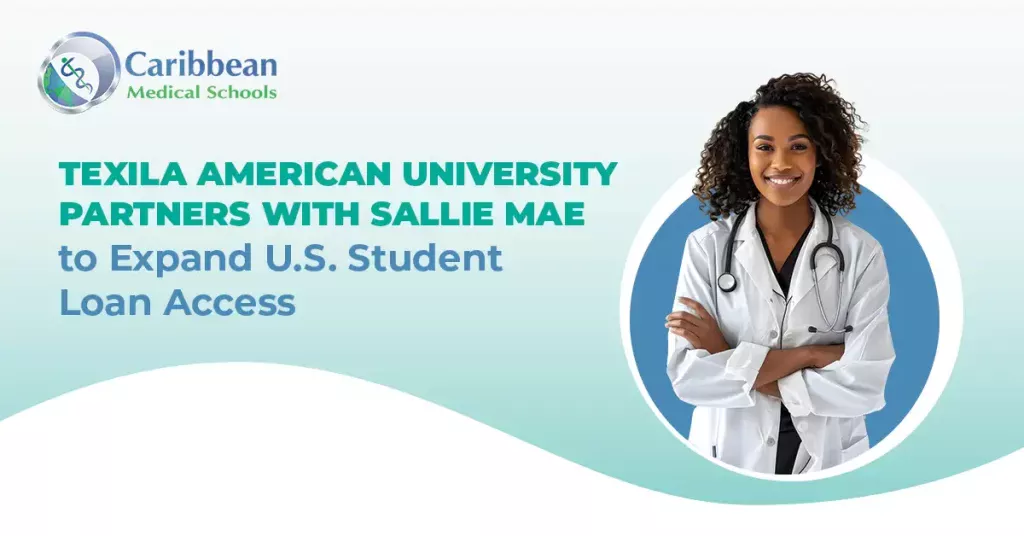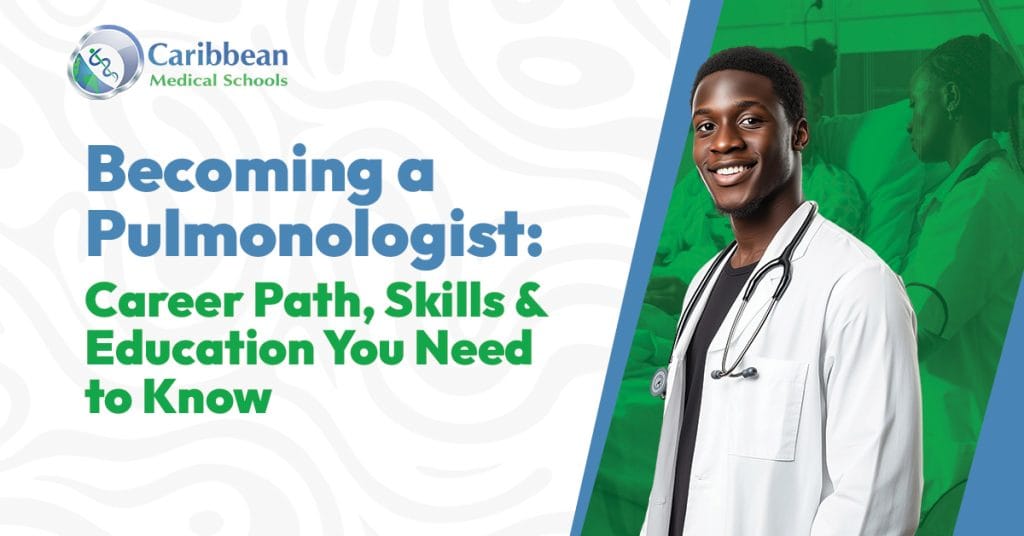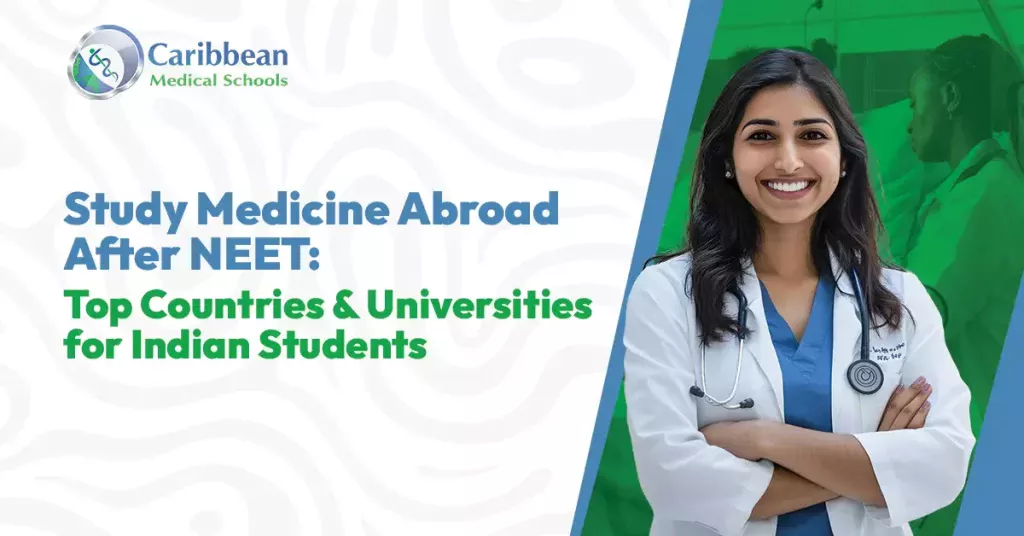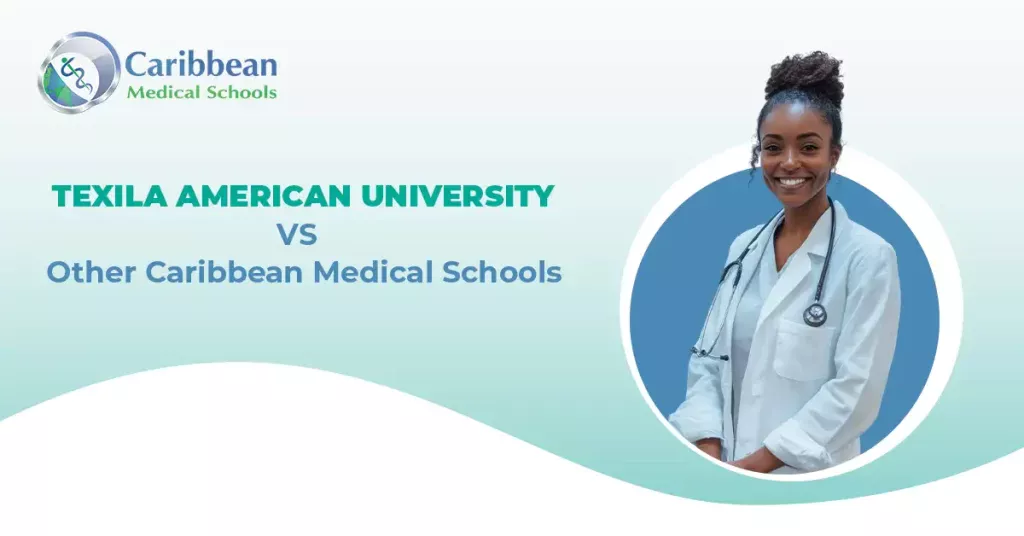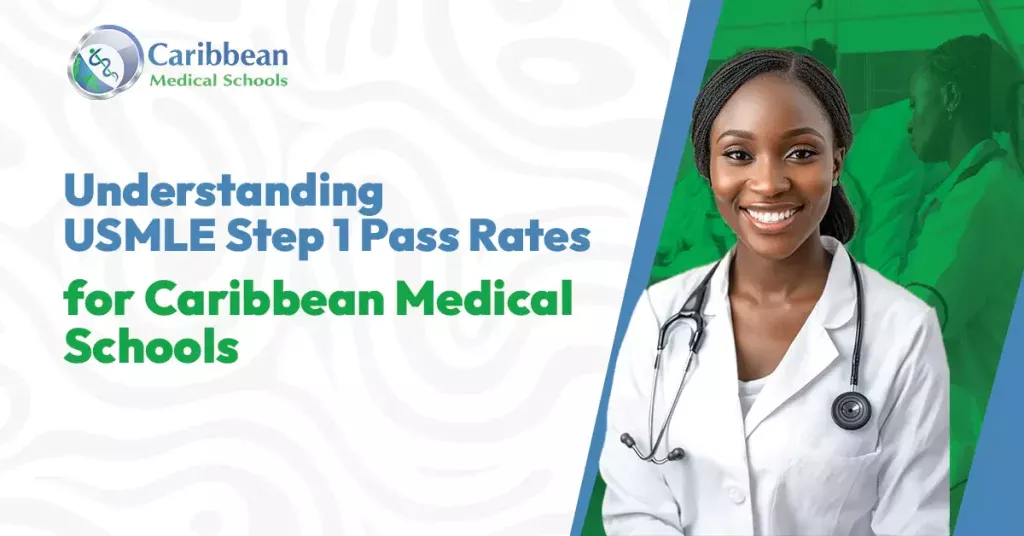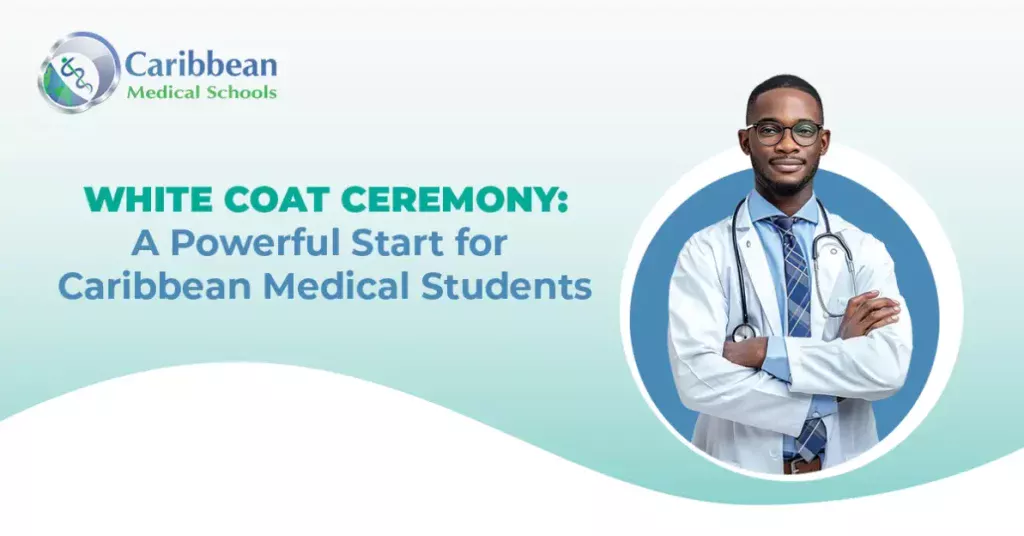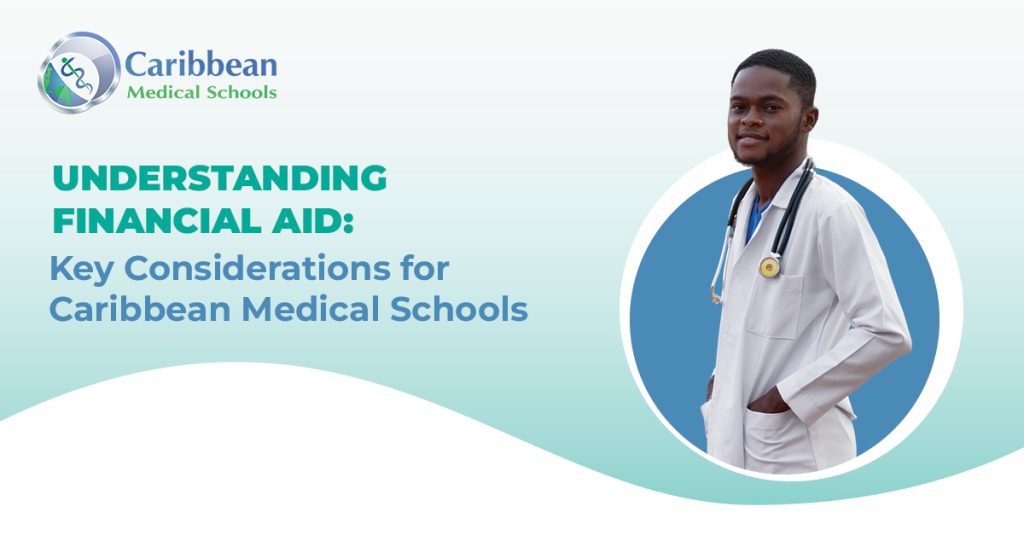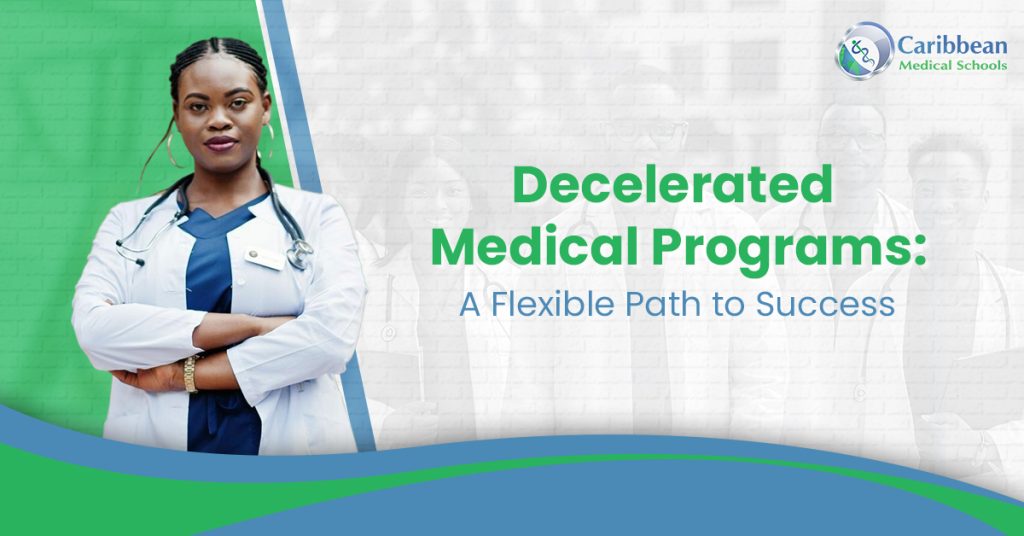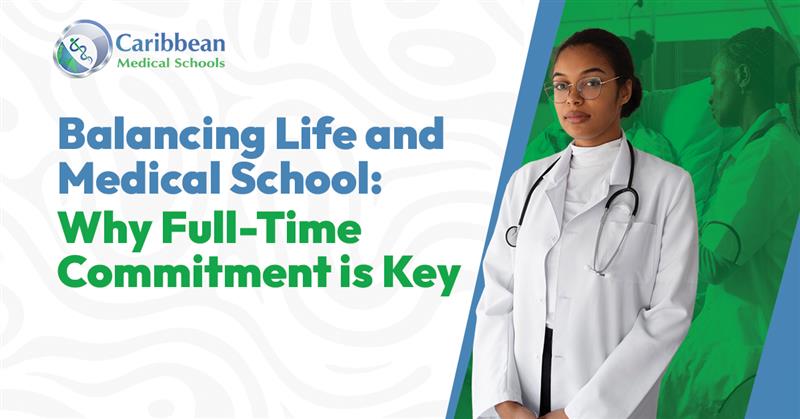Blog Summary
Caribbean medical schools stand out for their innovative curriculum designs, extensive clinical training opportunities, diversity and Inclusion initiatives, board preparation and licensing emphasis, and pathways to residency and medical practice. Through integrated curricula, early clinical exposure, and simulation labs, students gain hands-on experience and develop the skills needed for successful medical practice. The diversity of student and faculty populations and global health experiences foster cultural competency and international perspectives. Caribbean medical schools prioritize board preparation, residency placement, and career development, ensuring that graduates are well-equipped for successful medical careers locally and internationally.
Table of Contents
Introduction
Caribbean medical schools offer unique advantages for aspiring healthcare professionals seeking high-quality education and diverse learning experiences. This guide will explore five ways Caribbean medical schools stand out, from innovative curriculum designs to clinical training opportunities and global perspectives. Whether you’re considering pursuing a medical degree or exploring alternative pathways to medical education, Caribbean medical schools provide a range of benefits that set them apart and prepare students for successful medical careers.
Innovative Curriculum Design
Integrated Approach: Caribbean medical schools often employ integrated curricula that combine basic sciences with clinical applications, providing students with a comprehensive understanding of medical concepts from the outset.
Problem-Based Learning: Many Caribbean medical programs utilize problem-based learning (PBL) methodologies. In this approach, students work collaboratively to solve clinical cases, fostering critical thinking, teamwork, and clinical reasoning skills.
Early Clinical Exposure: Some Caribbean medical schools offer early clinical exposure opportunities, allowing students to interact with patients and healthcare professionals in real-world settings from the early stages of their medical education.
Flexibility and Customization: Caribbean medical programs may offer flexibility and customization options, allowing students to tailor their education to align with their interests, career goals, and learning preferences.
Innovative curriculum designs in Caribbean medical schools enhance student learning outcomes and prepare graduates for the complexities of modern healthcare practice.

Extensive Clinical Training Opportunities
Affiliated Hospitals and Clinics: Caribbean medical schools often partner with affiliated hospitals and clinical sites, providing students with access to diverse clinical experiences, specialities, and patient populations.
Global Health Experiences: Many Caribbean medical programs offer opportunities for global health experiences, including medical missions, elective rotations abroad, and community outreach initiatives, exposing students to diverse healthcare systems and cultural contexts.
Simulation Labs: State-of-the-art simulation labs and training facilities are commonly found in Best Caribbean medical schools, allowing students to practice clinical skills, procedures, and patient interactions in a safe and controlled environment.
Preceptorship Programs: Some Caribbean medical schools offer preceptorship programs where students work closely with experienced physicians and healthcare professionals in clinical settings, gaining mentorship, guidance, and hands-on experience.
Extensive clinical training opportunities in Caribbean medical schools prepare students for the challenges and realities of medical practice in diverse healthcare settings.
Diversity and Inclusion
Student Body Diversity: Caribbean medical schools attract students from diverse cultural, ethnic, and socioeconomic backgrounds, creating a rich and inclusive learning environment that celebrates diversity and promotes cultural competency.
Faculty Representation: Accredited Caribbean Medical Schools often prioritize faculty diversity and representation, recruiting educators from various backgrounds and specialities to provide students with diverse perspectives and role models.
Global Perspectives: Caribbean medical schools’ international nature exposes students to global perspectives on healthcare, disease, and patient care, fostering a broader understanding of health disparities, social determinants of health, and cultural influences on wellness and illness.
Community Engagement: Caribbean medical schools may engage with local communities through outreach programs, health fairs, and volunteer initiatives, addressing healthcare disparities and promoting access to care for underserved populations.
Diversity and inclusion initiatives in Caribbean medical schools enrich the educational experience and prepare students to serve diverse patient populations with compassion and cultural sensitivity.
Emphasis on Board Preparation and Licensing
USMLE Preparation: Many Caribbean medical schools strongly emphasize United States Medical Licensing Examination (USMLE) preparation, providing dedicated resources, study materials, and support services to help students excel on licensing exams.
Clinical Skills Training: Caribbean medical programs incorporate clinical skills training and standardized patient exams into their curriculum, ensuring that students develop the competencies needed to succeed on licensing exams and in clinical practice.
Licensing Exam Pass Rates: Caribbean medical schools often boast high pass rates on USMLE and other licensing exams, reflecting the effectiveness of their curriculum, teaching methods, and student support initiatives.
Residency Placement Support: Caribbean medical schools offer residency placement support services, including mentorship, advising, and residency application assistance, helping students secure competitive residency positions in the United States and other countries.
Caribbean medical schools prioritize board preparation and licensing success, equipping students with the knowledge, skills, and support needed to achieve licensure and pursue successful medical careers.

Pathways to Residency and Practice
Residency Affiliations: Caribbean medical schools maintain affiliations with residency programs in the United States, Canada, and other countries, providing students with pathways to postgraduate training and licensure eligibility in their desired specialities.
Match Success Rates: Caribbean medical graduates demonstrate competitive match success rates in residency programs across various specialities and geographic locations, reflecting the quality of their education and preparation for residency training.
Speciality Opportunities: Caribbean medical schools offer students the opportunity to explore a wide range of medical specialities through elective rotations, clerkships, and clinical experiences, helping them make informed decisions about their career paths.
Global Career Options: Graduates of Caribbean medical schools have diverse career options, including practising medicine in the Caribbean, returning to their home countries, pursuing international medical missions, or seeking employment opportunities abroad.
Caribbean medical schools provide clear pathways to residency training and medical practice, empowering graduates to pursue rewarding medical careers locally and internationally.
Conclusion
Caribbean medical schools offer a unique and compelling educational experience characterized by innovative curriculum designs, extensive clinical training opportunities, diversity and Inclusion initiatives, emphasis on board preparation and licensing, and pathways to residency and medical practice. By seizing the advantages of Caribbean medical education, students can acquire the knowledge, skills, and experiences needed to excel in their medical careers and make meaningful contributions to healthcare worldwide.
FAQs
Are Caribbean medical schools recognized internationally?
Many Caribbean medical schools are recognized internationally and have accreditation from recognized accrediting bodies. After fulfilling licensing requirements, graduates of these schools are eligible to practice medicine in various countries, including the United States and Canada.
What is the application process for Caribbean medical schools?
The application process for Caribbean medical schools typically involves submitting academic transcripts, letters of recommendation, personal statements, and standardized test scores (such as the MCAT). Some schools may also require interviews as part of the admissions process.
What is the difference between Caribbean and medical schools in the United States or Canada?
Caribbean medical schools often offer alternative pathways to medical education for students who may not have been accepted into medical schools in their home countries. While the curriculum and training may be similar, Caribbean medical schools may have different accreditation standards and admission criteria.
Can graduates of Caribbean medical schools practice medicine in the United States?
Yes, graduates of accredited Caribbean medical schools are eligible to practice medicine in the United States after passing the USMLE exams and completing residency training. However, competition for residency positions may be higher for international medical graduates than for US medical school graduates.
What support services are available for students at Caribbean medical schools?
Caribbean medical schools typically offer student support services, including academic advising, counselling, tutoring, and career guidance. Many schools also assist with housing, transportation, and adjusting to a new country.


